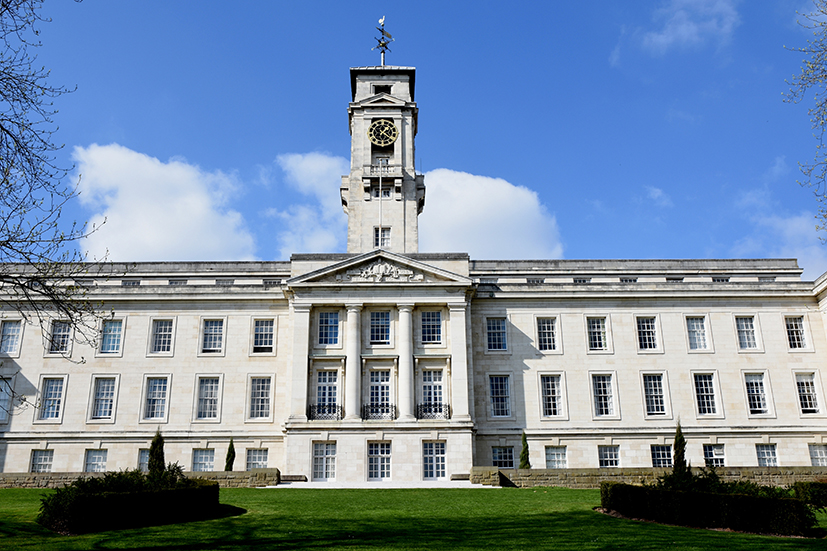Investment in the latest technology and equipment is to allow experts at the University of Nottingham to enhance support for East Midlands food and drink businesses.
Scientists from across the School of Biosciences have received £650k investment from Regional Innovation Funding for a range of projects that will support industry with the development of new alternative proteins and food and drink products.
There are an estimated 857,000 jobs linked directly to the food chain in the Midlands region, equal to 17.6% of all employment. The region has particular strength in both agriculture and food and drink manufacturing with a diverse range of SMEs and larger business delivering a wide range of products and services.
With this new investment, experts at the University of Nottingham will have access to improved facilities and tools to support businesses with their product research and development needs, particularly for cultivated meat, plant-based, and insect-based products. The projects that have received funding are:
- The facilities for cultivated meats and alternative proteins will be refurbished to create a Cellular Agriculture Hub for the Midlands. The hub will provide specialist training on cellular agriculture methods and product testing for local East Midlands businesses.
- A new In Vitro Digestion Laboratory will be created to provide high-throughput screening of human food and animal feed additives using alternative protein sources including insects and alternative crops.
- The Food Innovation Centre has been recently re-launched and can support businesses in the East Midlands with new product and process development, innovation audits and business growth, including access to a range of specialist facilities. The addition of a new Bench and Chiller unit will enable high moisture meat analogues that will be particularly useful for plant and alternative protein businesses locally.
The funding will also allow the International Research Flavour Centre at the University of Nottingham to invest in a new tool that can analyse the complex aromas of food. This will develop the unique capacity to screen large numbers of food and drink samples, with high level of precision and accuracy, enabling SMEs to engage with IFRC with limited on-cost and high levels of knowledge exchange. It will also support the development of educational resources to support the next generation of scientists and workers in the food and drink sector.
Professor Phil Williams, Faculty of Science APVC for Research and Knowledge Exchange, said: “The work the university does with the food and drink sector is a vital part of supporting this thriving local economy.
“This investment will enhance what we can offer in terms of technological support and ensure our experts are working with the very latest equipment to help businesses stay at the forefront of product development. As the food and drink market continues to diversify at pace and with sustainability high on the agenda we are able to help businesses develop the products of the future.”



